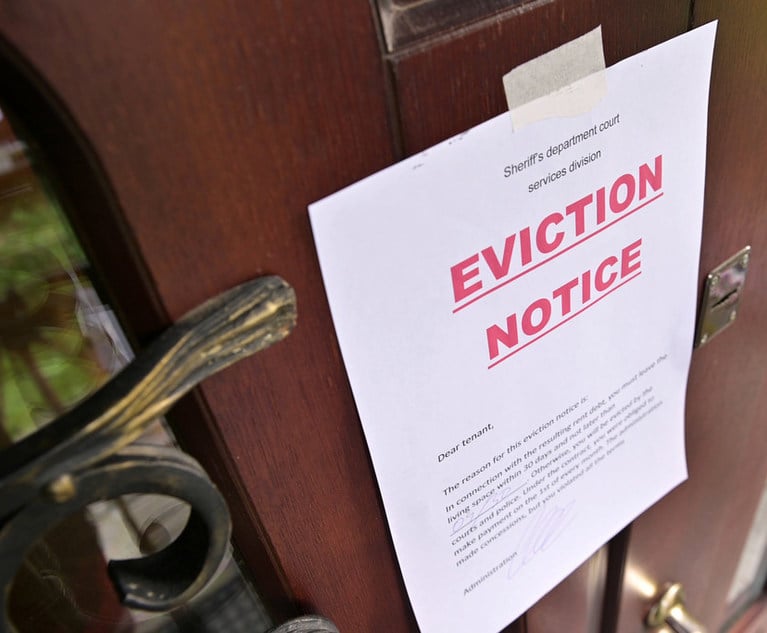 The COVID-19 pandemic has badly shaken the commercial real estate market. A recent First Department decision, Shelbourne BRF v. SR 677 Bway, Case No. 2020-03604 (1st Dep’t March 4, 2021), has thrown an unfortunate barrier up against the hope for a turnaround. Shelbourne BRF involved a mezzanine borrower that defaulted under a mezzanine loan. Mezzanine financing, which is typically layered on top of an existing senior loan, requires borrowers to grant lenders a security interest in membership interests associated with a limited liability company that ultimately controls the real property. In the event of a default, those borrowers’ membership interests are subject to a foreclosure sale under Article 9 of the Uniform Commercial Code (UCC). As various real estate asset classes, including hotels, retail and commercial, continue to suffer as a result of COVID-19, lenders are stepping up their efforts to foreclose on mezzanine borrowers and take control of the underlying real estate.
The COVID-19 pandemic has badly shaken the commercial real estate market. A recent First Department decision, Shelbourne BRF v. SR 677 Bway, Case No. 2020-03604 (1st Dep’t March 4, 2021), has thrown an unfortunate barrier up against the hope for a turnaround. Shelbourne BRF involved a mezzanine borrower that defaulted under a mezzanine loan. Mezzanine financing, which is typically layered on top of an existing senior loan, requires borrowers to grant lenders a security interest in membership interests associated with a limited liability company that ultimately controls the real property. In the event of a default, those borrowers’ membership interests are subject to a foreclosure sale under Article 9 of the Uniform Commercial Code (UCC). As various real estate asset classes, including hotels, retail and commercial, continue to suffer as a result of COVID-19, lenders are stepping up their efforts to foreclose on mezzanine borrowers and take control of the underlying real estate.
Traditionally, borrowers facing a UCC foreclosure sale seek injunctive relief to stop a foreclosure sale. Some borrowers believe that Shelbourne BRF spells the end of a borrower’s ability to do so. In Shelbourne BRF, the First Department focused on the preliminary injunction test set forth in CPLR 6301 and its related irreparable harm prong and held the IAS Court had improperly granted a borrower a preliminary injunction to stop a UCC foreclosure sale because “the feared loss of an investment can be compensated in money damages.” That conclusion might be correct under a traditional CPLR 6301 jurisprudential analysis. But that analysis and resulting holding overlooks the remedial statutory protections contained in the UCC that are afforded to borrowers facing a UCC foreclosure sale.






